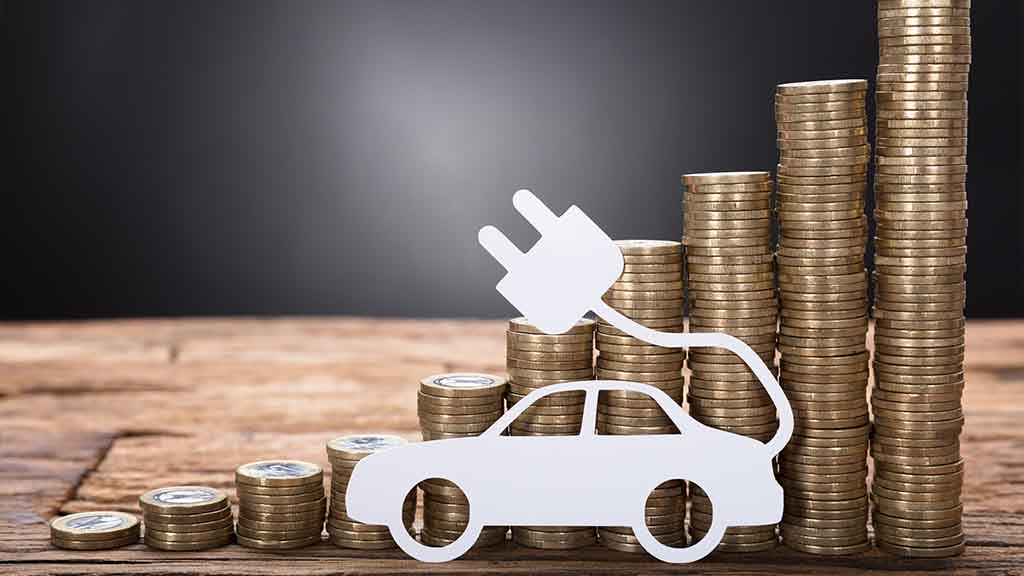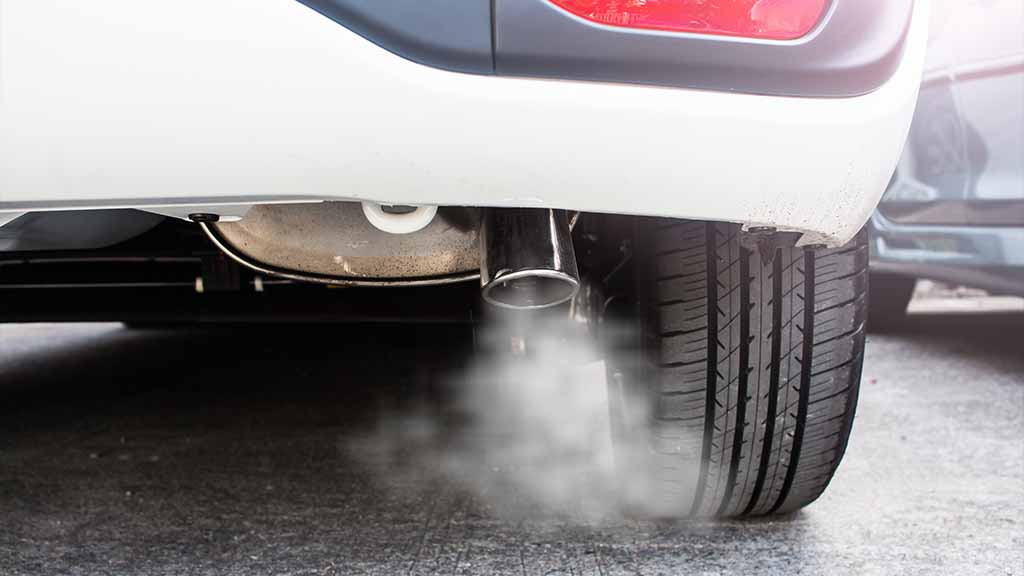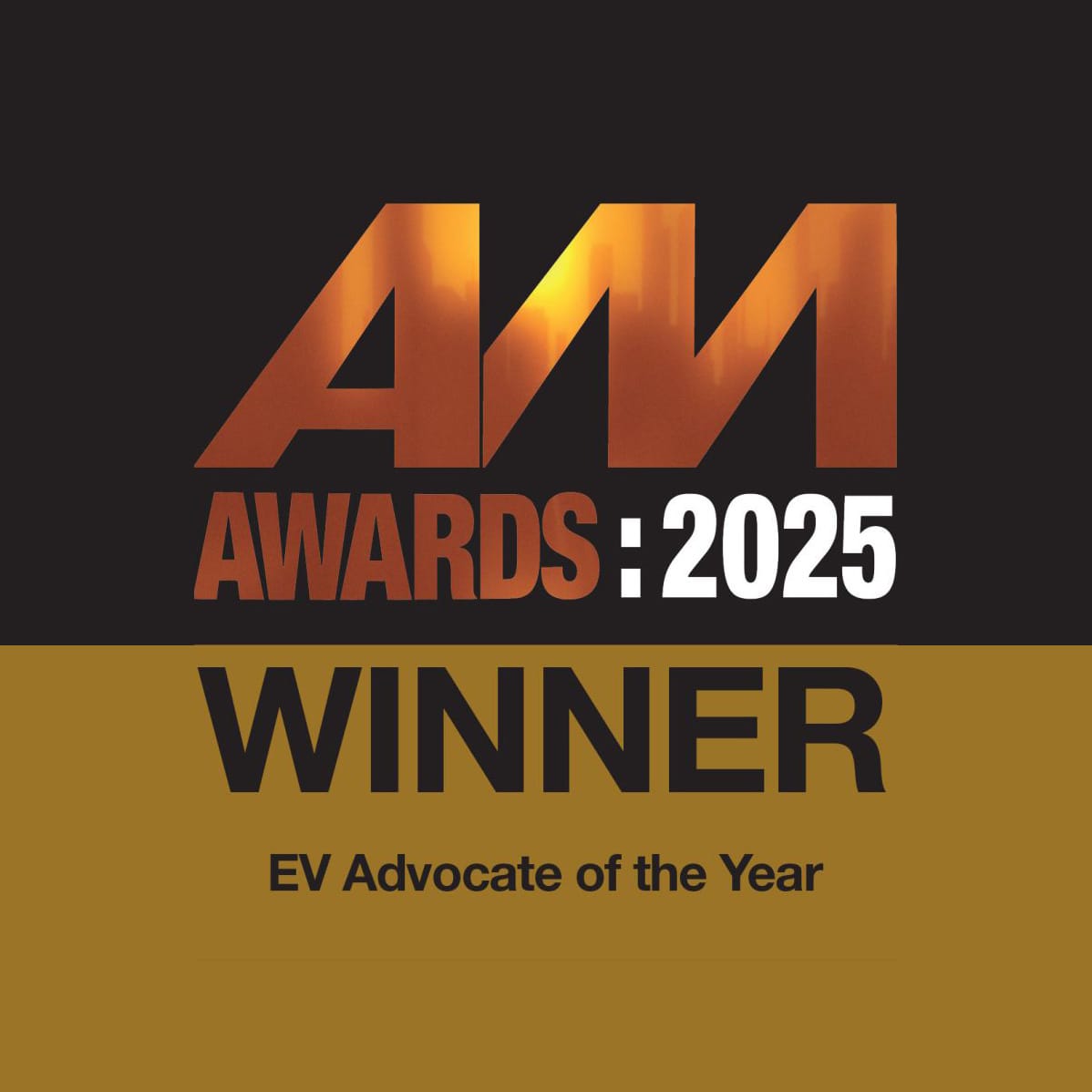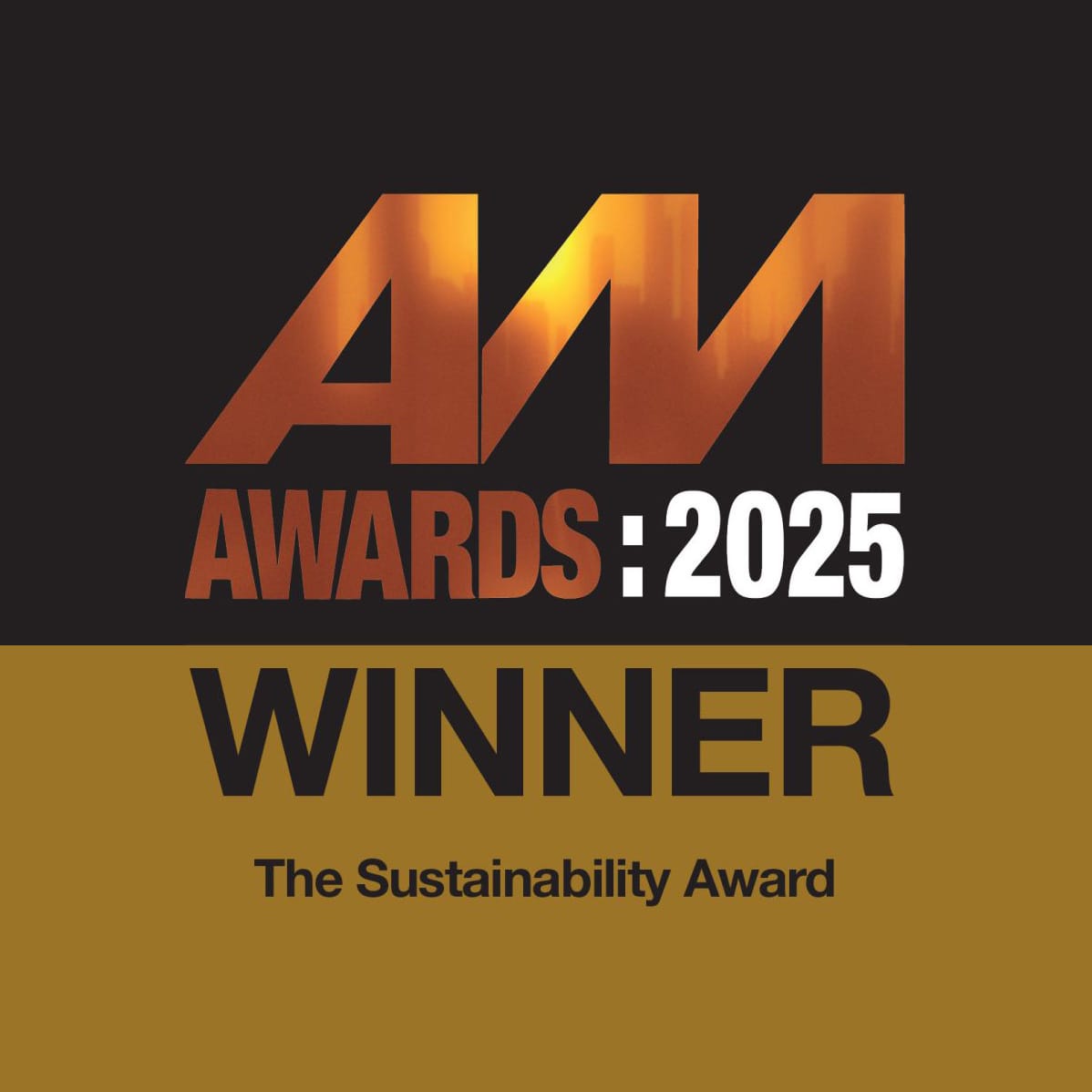You might be considering whether or not the time is right to buy an electric vehicle (EV). In fact, soon, you may not have many choices outside of EVs as EPA regulations make it increasingly difficult for automotive manufacturers to meet the ever-tightening emission standards, plus the government dates to end production of combustion-engined vehicles looms closer.
The major perceived issue for many people is the limited EV resources available in their area. The convenience and familiarity of being able to fill up your vehicle at any gas station across the nation is hard to reason against. It’s difficult to imagine yourself parking your car at one of the few supermarkets you may see with electric vehicle charging stations and waiting for your battery to charge for the next hour. The truth is however that most charging takes place at home, and as a result, is super convenient and easy.
In addition, many people aren’t familiar with all that is required to plug in their vehicles at home. Do they need a special high-voltage outlet, or can they use ordinary outlets at a standard voltage? Again nothing is really necessary over and above a standard 13amp socket unless you wish to invest in a faster home charge pint. Furthermore, drivers may not be familiar with the maintenance costs and don’t want to over-extend their budgets. The fact is that EV’s are much simpler and cheaper to maintain.
For this reason, we have compiled information on both the economic and environmental benefits of an EV to help explore the options available. Consider all the benefits of EVs below.
















